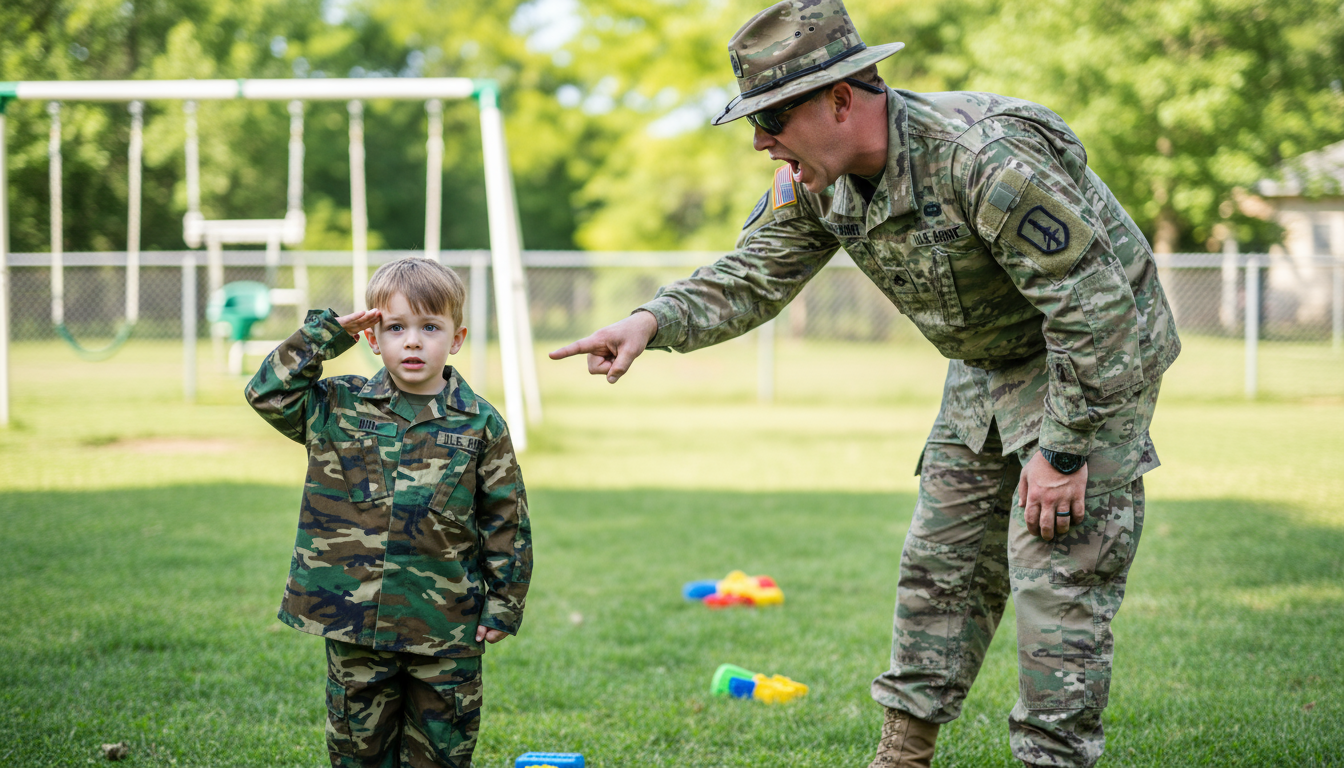 How to Handle Kids (Or Adults Who Act like Kids), Part One
How to Handle Kids (Or Adults Who Act like Kids), Part One
Raising children is one of the most important and rewarding jobs in the world. It can also be one of the toughest. Kids grow up to be tomorrow’s parents, leaders and creators. How they are treated today shapes our future.
“When children become unimportant to a society, that society has forfeited its future.” – L. Ron Hubbard
Whether you are a parent, grandparent, teacher or someone who simply cares about the next generation, these insights from L. Ron Hubbard can help you raise kids who are confident, resilient and capable.
1. Give an Abundance of Love to Children
Children who feel genuinely loved grow up with more confidence, resilience and courage. They know they have a safe base to return to, no matter what life brings.
“Affection could no more spoil a child than the sun could be put out by a bucket of gasoline.” “A child factually does not do well without love. Most children have an abundance of it to return.” – L. Ron Hubbard
For example, tell your children that you love them through thick and thin. Give them hugs every day. Put your arm around their shoulders when you know they are feeling down.
Wrong Approach Examples
- “Kids should only get affection as a reward for good behavior.”
- “Why are you crying? Toughen up.”
- “My dad never said he loved me, so why should I?”
Children raised this way can feel insecure and alone in the world.
Right Approach Examples
- “My parents loved me through thick and thin. I’ll never forget it.”
- “I can take on the world. If I fail, my parents will still have my back.”
- “Even as an adult, I still feel stronger knowing my parents love me.”
Kids who grow up with consistent love and affection feel safer. Quality time and genuine care are far more valuable than expensive gifts.
2. Instead of “Training” Kids, Guide Them
Children are not objects to be controlled. They are people learning life skills, making decisions and becoming independent adults.
“Children are not dogs. They can’t be trained like dogs are trained. They are not controllable items.” “What works is simply to try to be the child’s friend. It is certainly true that a child needs friends.” – L. Ron Hubbard
Wrong Approach Examples
- “You must do exactly what I say because I’m the parent.”
- “Kids should obey instantly without question.”
- “Explaining why rules matter is a waste of time.”
Children raised this way may comply on the surface but often feel resentful or powerless. They learn to follow orders rather than think for themselves.
Right Approach Examples
- “I want to help you figure this out, not control you.”
- “Let’s talk about why this rule matters so it makes sense to you.”
- “I’m here as a guide, not a drill sergeant.”
Treat children as friends who need understanding, respect and guidance. They will learn to make good choices on their own.
3. Listen, Observe and Understand
Children sometimes dramatize, get moody or get upset. What they need most is a calm, caring adult who listens, understands and helps them solve problems.
“Observe them — and this applies even to babies. Listen to what children tell you about their lives.” “Try to find out what a child’s problem really is and without crushing their own solutions, try to help solve them.” – L. Ron Hubbard
Wrong Approach Examples
- “Stop crying or I’ll give you something to cry about.”
- “Calm down right now. I mean it.”
- “I don’t have time to hear your side of the story.”
When adults respond this way, kids feel unheard and misunderstood. Their problems may grow worse because no one takes time to see what is really happening.
Right Approach Examples
- “Tell me what happened so we can fix it together.”
- “Help me understand what’s going on. Take your time and I’ll just listen.”
- “Let’s figure out what you think the solution might be.”
Being calm, patient and genuinely interested gives kids the best chance to solve their problems.
“A good, stable adult with love and tolerance in his heart is about the best therapy a child can have.” – L. Ron Hubbard
3-Point Summary
- Give an Abundance of Love: Consistent love and affection build a child’s confidence, security and courage.
- Guide, Don’t Control: Treat children with respect and friendship; guidance works better than orders and micromanagement.
- Listen, Observe and Understand: Stay calm, listen carefully and help children solve problems without crushing their own solutions.
Part Two covers three more key ingredients for raising kids to become successful, happy adults.

 How to Handle Kids (Or Adults Who Act like Kids), Part One
How to Handle Kids (Or Adults Who Act like Kids), Part One

